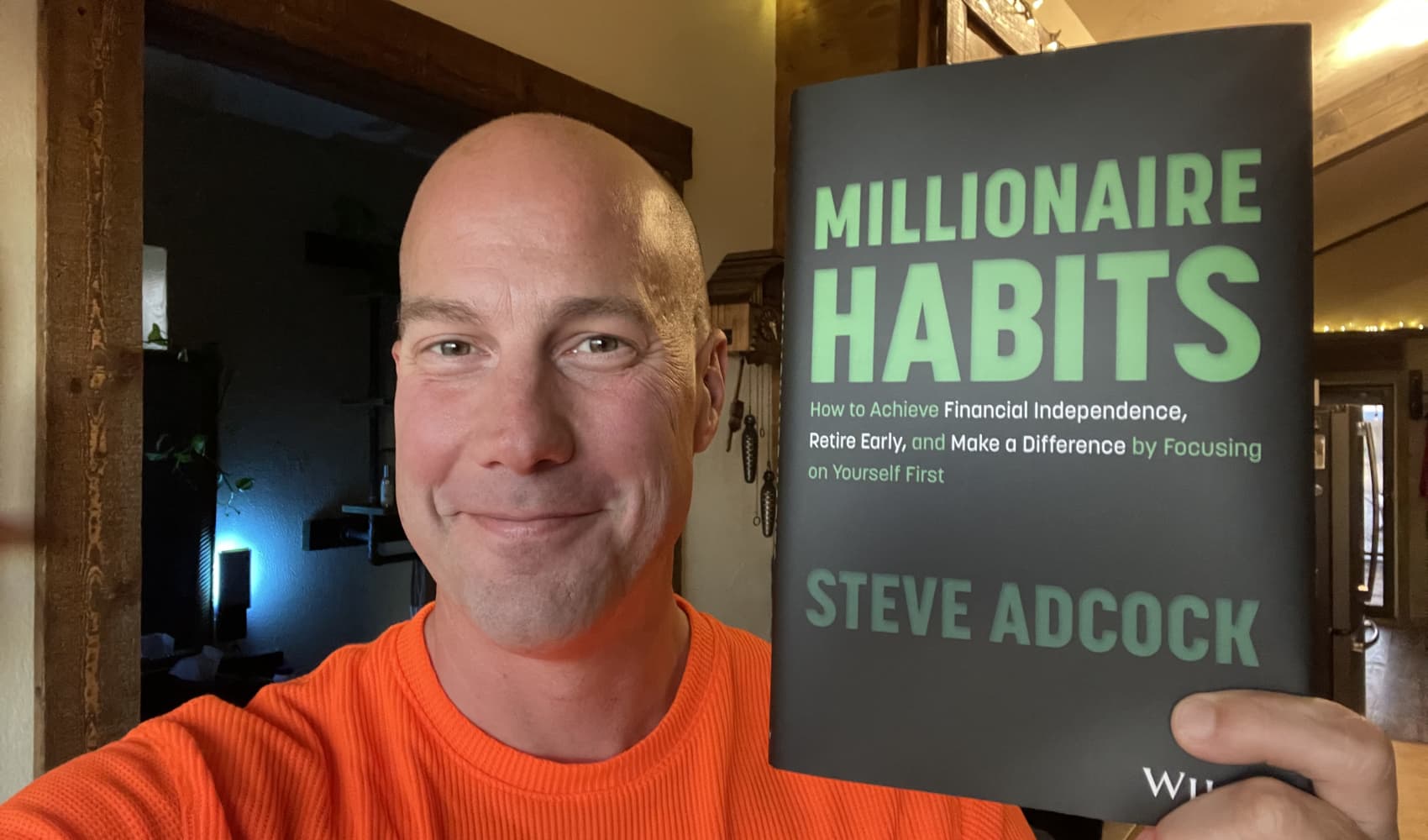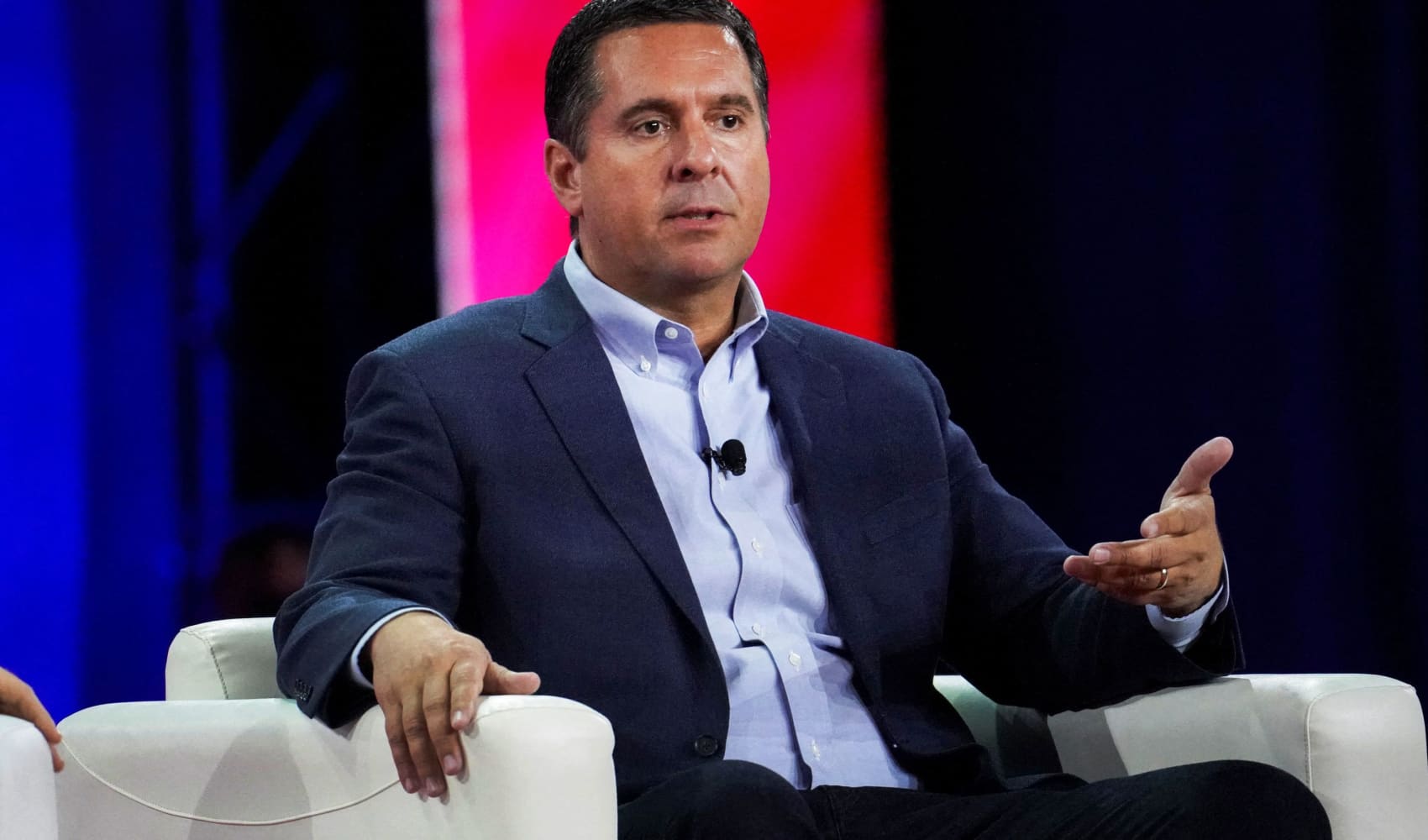
While news of vaccine developments show promise for hopes of containing Covid-19 in the next year, little has improved daily life for millions of Americans impacted by the economic fallout of the pandemic over the past nine months.
"Right now, there's $0.68 in my bank account," says Sara, a 30-year-old living in southern California, who requested her last name be withheld to limit the impact on her job search.
Sara is among the 1 in 3 unemployed people who have been out of work for six months or longer. In the spring, Sara was working as an office administrator at a private high school when the virus shut down in-person classes and she lost her job. Searching for a new job has become an endless daily task since March.
"I spend hours a day applying to jobs," Sara tells CNBC Make It, saying that she answers every kind of administrative job posting. She says she even signed up to become a DoorDash delivery driver but was notified there were no availabilities in her area.
Long-term unemployment rises as extended jobless benefits are set to expire
According to the Labor Department's October jobs report, the number of people who are considered long-term unemployed, or jobless for 27 weeks or longer, increased by 1.2 million to a total of 3.6 million people that month. Roughly one-third of unemployed individuals have remained out of work since the early stages of the pandemic.
Meanwhile, the U.S. is recording close to 150,000 new cases each day, on average, according to a CNBC analysis of Johns Hopkins data, and health experts say numbers may get considerably worse heading into the winter months.
Money Report
Such projections and resulting business shutdowns to contain the virus mean prospects for regaining employment are diminishing by the day, further straining many Americans' ability to cover housing, food, medical and other essential expenses during a deadly pandemic.
Meanwhile, Sara has consistently heard from employers that they're fielding a surge of applications for a limited number of openings.
"More often than not, I don't hear back, not even to say they've moved on with another candidate," Sara says. "The other times I've heard back, I've just been shortlisted" to be considered for an opening at some point in the future.
While most of her interviews have been conducted over Zoom, she landed an in-person meeting once: "When you get that one call for the interview in-person, you think, 'maybe this is really going to happen.' I spent so much money getting ready for it. But nothing happened. I called to follow up afterward and they said they were no longer hiring."
Sara receives $736 per month from the California unemployment office and made ends meet with the additional $600 per week in federal enhancements until its expiration in July. With reduced benefits and limited job prospects in her high cost-of-living city, however, Sara recently moved back in with her mom, who lives nearby.
"I'm good at laughing at difficult situations to get me through it, but this is a little bit difficult to laugh off," Sara says. "I'm 30. I'm supposed to be starting my life. Working at the school was supposed to take me to the next step to get certified and become a teacher. And it all went down the drain. I lost it all."
Sara still hopes to pursue teaching but worries about a future where she's expected to instruct over Zoom because connecting with students in-person is what draws her most to the field. In the meantime, she's trying to shore up as much in savings as she can while she can claim unemployment benefits. Two provisions under the CARES Act that extend benefits to a total of 39 weeks expire at the end of December. Unemployed workers may continue to receive aid into 2021 through their state's extended benefits, which vary by state and kick on based on the state's unemployment rate. California, for example, currently offers 20 additional weeks of extended benefits.
"It feels like suffering sometimes, really slowly," Sara says. "There's an emotional dread throughout all this. It eats away at you every day."
The U.S. labor market has still not recovered roughly 10 million jobs lost during the coronavirus-induced recession, and more than 21 million Americans are currently receiving jobless benefits. More than 13 million Americans receive extended benefits under one of the two remaining CARES provisions, and Congress and the White House have not reached a compromise on a new stimulus package.
The effects of long-term unemployment
Studies have shown unemployment can have a negative impact on a job seeker's physical and mental health. Those who experience prolonged periods of joblessness are more likely to report psychological impacts such as depression, anxiety and low self-esteem.
The mental and financial stress of long-term unemployment can have a lasting impact on job seekers, their families and their communities.
In Davenport, Iowa, 49-year-old Karin Slyter lost her clerical job at a law firm in April. In the months since, she says she applied to at least 70 jobs through the jobs site Indeed, which resulted in just two or three interviews.
Slyter, who has two teenage kids and whose husband is still employed as a transportation worker, says the family has struggled with food security, utility bills and their car payment since the pandemic set in. Without the federal $600 weekly enhancement, Slyter received just $200 per week in unemployment benefits.
After six months of turning up empty, Slyter connected with a former colleague who got her a job working the front desk at another law firm nearby. She started her new role Nov. 9 and will receive her first paycheck Nov. 20. She says her first priority will be to make up for the family's missed car payments, otherwise they might lose their vehicle altogether. Slyter's family has completely depleted their savings in order to make ends meet on a reduced income these past few months.
"We have a lot to catch up on. It's going to be touch and go," Slyter says. Still, she considers her family lucky: "It's been hard, but other people have it even worse. I know that. People are losing everything."
Experts warn the impact of the coronavirus pandemic will persist for years to come, including around issues such as child care, health care, housing security and racial equality. President-elect Joe Biden's campaign included a plan for more coronavirus stimulus relief, including enhanced unemployment, money for small businesses and additional $1,200 stimulus checks.
Currently, negotiations for a new pandemic relief package have remained at a standstill for months, though experts suggest recent election results and vaccine news could change prospects for renewed discussions.
Check out: Don't miss: Best credit cards for Black Friday and Cyber Monday shopping of 2020
Don't miss:
More than 13 million people could lose their unemployment benefits at the end of December
'I'm going under trying to find a job': What it's like looking for work during the pandemic
6 ways to manage burnout during a long job search






